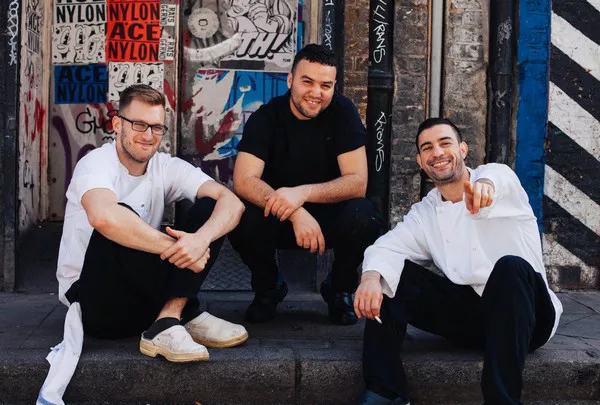LEXINGTON, KY — The third annual Gospel of Mental Health conference will take place on December 7 at First Baptist Church Bracktown in Lexington, Kentucky, from 8:30 a.m. to 3:30 p.m. The conference, themed “Pieces of the Mind,” aims to address mental health issues with a special focus on the African American community, where stigma surrounding mental illness is particularly persistent.
Organized by licensed psychologist and former pastor Stacey McDonald, the event brings together mental health professionals, ministers, and community members for important discussions on mental health. McDonald emphasized the need for such a conference, stating that mental health challenges are prevalent across all demographics, but African Americans often face additional barriers to seeking help. These barriers include stigma, fear of discrimination, and distrust of healthcare systems.
Breaking Stigmas and Starting Conversations
“It is a time of coming together,” McDonald explained. “We are focusing on the African American community because that is where the stigma so stubbornly remains.” Studies show that Black Americans experience mental health challenges at higher rates compared to other groups, but they are less likely to seek professional help due to societal and cultural factors.
Pastor Rodney McFarland Jr. of First Baptist Church Bracktown emphasized the importance of addressing mental health in the church, stating, “Your thoughts are the foundation of your life, and if you can’t overcome negative thoughts, it’ll never transfer to positive action.” McFarland expressed his eagerness to host the conference, which aims to combat the silence and shame around mental health issues, especially within the church community.
The conference will feature psychologists, ministers, and a panel of mental health experts discussing key topics, such as guilt and shame, living with mental illness, and the intersection of fatherhood and mental health. These topics, which have long been considered taboo in many church settings, will be approached in a compassionate and understanding way.
Addressing Distrust and Building Support
McDonald highlighted the particular challenges faced by African Americans when it comes to seeking mental health care. Research shows that only one in three Black adults with mental illness receives treatment, and those who do are often less likely to receive consistent, guideline-based care. Additionally, Black individuals are more likely to turn to emergency rooms or primary care physicians rather than mental health specialists due to a deep-rooted distrust in the healthcare system.
“The beautiful thing about this conference is that it’s not just for people struggling with mental illness,” McDonald said. “It’s so that we can be culturally competent and so mentally health-aware that we can see when our sister, brother, niece, nephew, cousin is struggling, and we’ll know how to address it.”
As McDonald celebrates the growth of the conference, which has more than doubled in attendance over the years, she is optimistic that it will continue to provide a safe space for discussing mental health in the African American community and beyond. Through this event, McDonald and the church aim to create a culture of understanding and support, ensuring that everyone, especially those from marginalized communities, can access the mental health care they need.
Related topics:



























